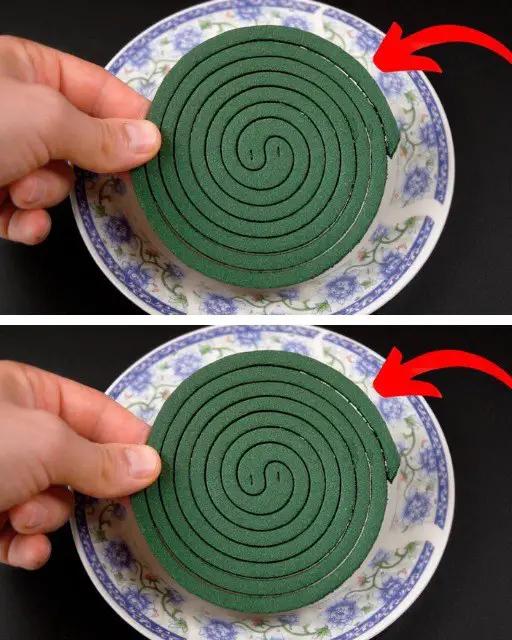Mosquito coils have long been a staple in households for repelling mosquitoes, especially in regions prone to mosquito-borne diseases. Traditionally, these coils are ignited to release smoke containing insecticidal or repellent compounds. However, an alternative method involving soaking mosquito coils in water has emerged, claiming to enhance their effectiveness while reducing potential health risks associated with smoke inhalation. This article delves into the science and practicality of this method, providing a comprehensive guide on its implementation and efficacy.
Understanding the Traditional Use of Mosquito Coils
Mosquito coils are typically made from a mixture of powdered insecticides and fillers, molded into a spiral shape. When lit, they smolder slowly, releasing smoke that contains active ingredients like pyrethroids or natural repellents such as citronella. This smoke deters mosquitoes from the immediate vicinity, providing a zone of protection for several hours. However, studies have shown that burning one mosquito coil can produce particulate matter equivalent to that generated by 75 to 137 cigarettes, posing potential health risks, especially in enclosed spaces.
The Water Soaking Method: An Alternative Approach
The water soaking method involves submerging mosquito coils in water, sometimes with added substances like alcohol or essential oils, to create a liquid solution that can be used as a mosquito repellent without the need for burning. This approach aims to mitigate the health risks associated with smoke inhalation while utilizing the active ingredients in the coils.
How to Prepare and Use the Soaked Mosquito Coil Solution:
- Materials Needed:
- Mosquito coils
- Water
- 70% isopropyl alcohol (optional)
- Essential oils such as citronella or eucalyptus (optional)
- A small bowl or container
- A spray bottle
- Preparation Steps:
- Soak the mosquito coils under running water until they are thoroughly saturated.
- Break the soaked coils into small segments of a few centimeters in length.
- Place the broken pieces into a bowl.
- Add a glass of 70% isopropyl alcohol to the bowl.
- Optionally, add a few drops of essential oil to enhance the repellent properties and impart a pleasant fragrance.
- Allow the mixture to sit for a few hours to ensure the active ingredients are fully extracted into the solution.
- Application:
- Transfer the solution into a spray bottle.
- Spray the mixture around areas where mosquitoes are prevalent, such as doorways, windows, and outdoor seating areas.
- Reapply as needed, especially after rain or in high mosquito activity periods.
Effectiveness and Considerations
While the water soaking method offers a smoke-free alternative to traditional mosquito coils, its effectiveness may vary based on several factors:
- Concentration of Active Ingredients: The potency of the solution depends on the concentration of insecticidal compounds leached from the coils into the liquid. Dilution with water and alcohol may reduce the efficacy compared to the original burning method.
- Application Consistency: Regular reapplication may be necessary to maintain an effective barrier against mosquitoes, as the solution may evaporate or be washed away.
- Health and Safety: This method reduces exposure to harmful smoke particles, making it a safer option for individuals with respiratory concerns. However, caution should be exercised when handling alcohol and essential oils, especially around open flames and children.
Alternative Mosquito Control Methods
In addition to the water soaking method, consider integrating other mosquito control strategies for comprehensive protection:
- Use of Topical Repellents: Applying insect repellents containing DEET, picaridin, or oil of lemon eucalyptus on exposed skin can provide personal protection against mosquito bites.
- Environmental Management: Eliminate standing water sources around your home to reduce mosquito breeding sites. Regularly clean gutters, empty plant saucers, and cover water storage containers.
- Physical Barriers: Install window and door screens to prevent mosquitoes from entering indoor spaces. Use bed nets, especially in areas with high mosquito populations or where mosquito-borne diseases are prevalent.
Conclusion
The water soaking method for mosquito coils presents an innovative approach to mosquito control, aiming to balance effectiveness with health considerations. While it offers a reduction in smoke-related health risks, its efficacy may not match that of traditional burning methods. Therefore, it is advisable to use this method in conjunction with other proven mosquito control strategies to achieve optimal protection. Always exercise caution when handling chemical solutions and ensure applications are conducted in well-ventilated areas, away from children and pets.

